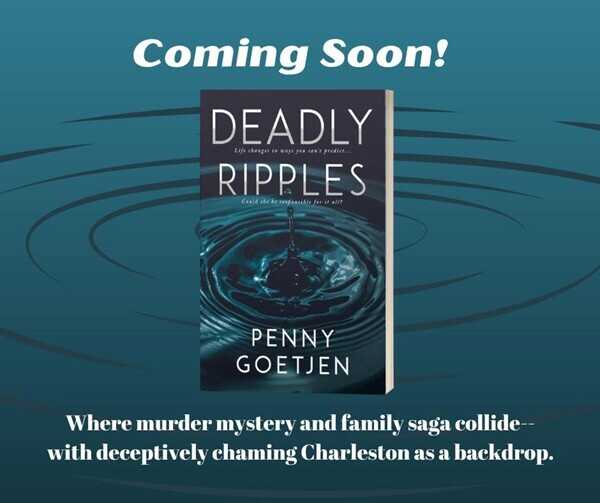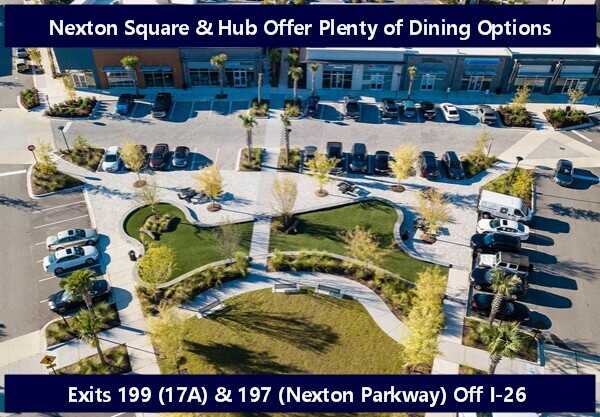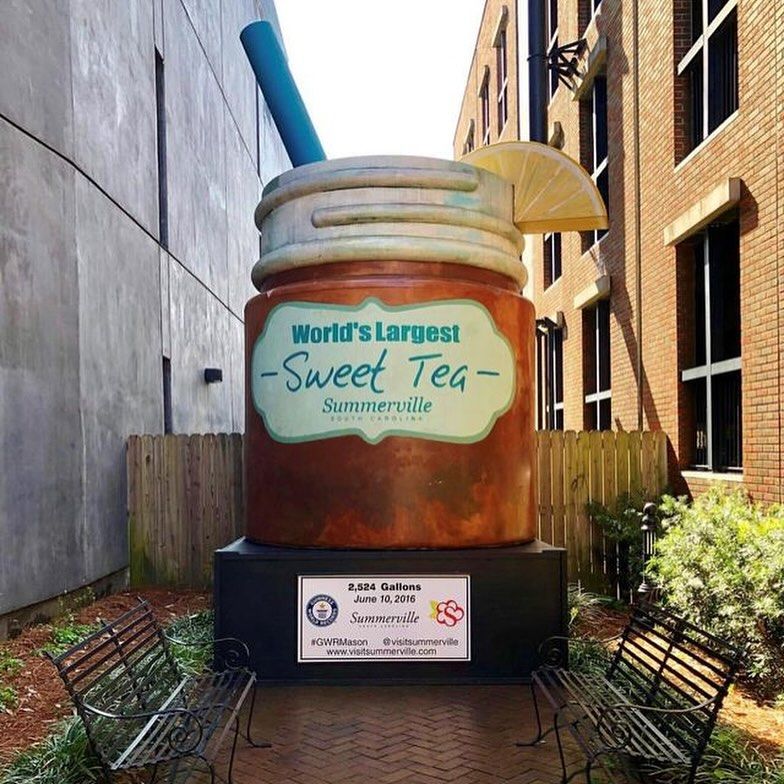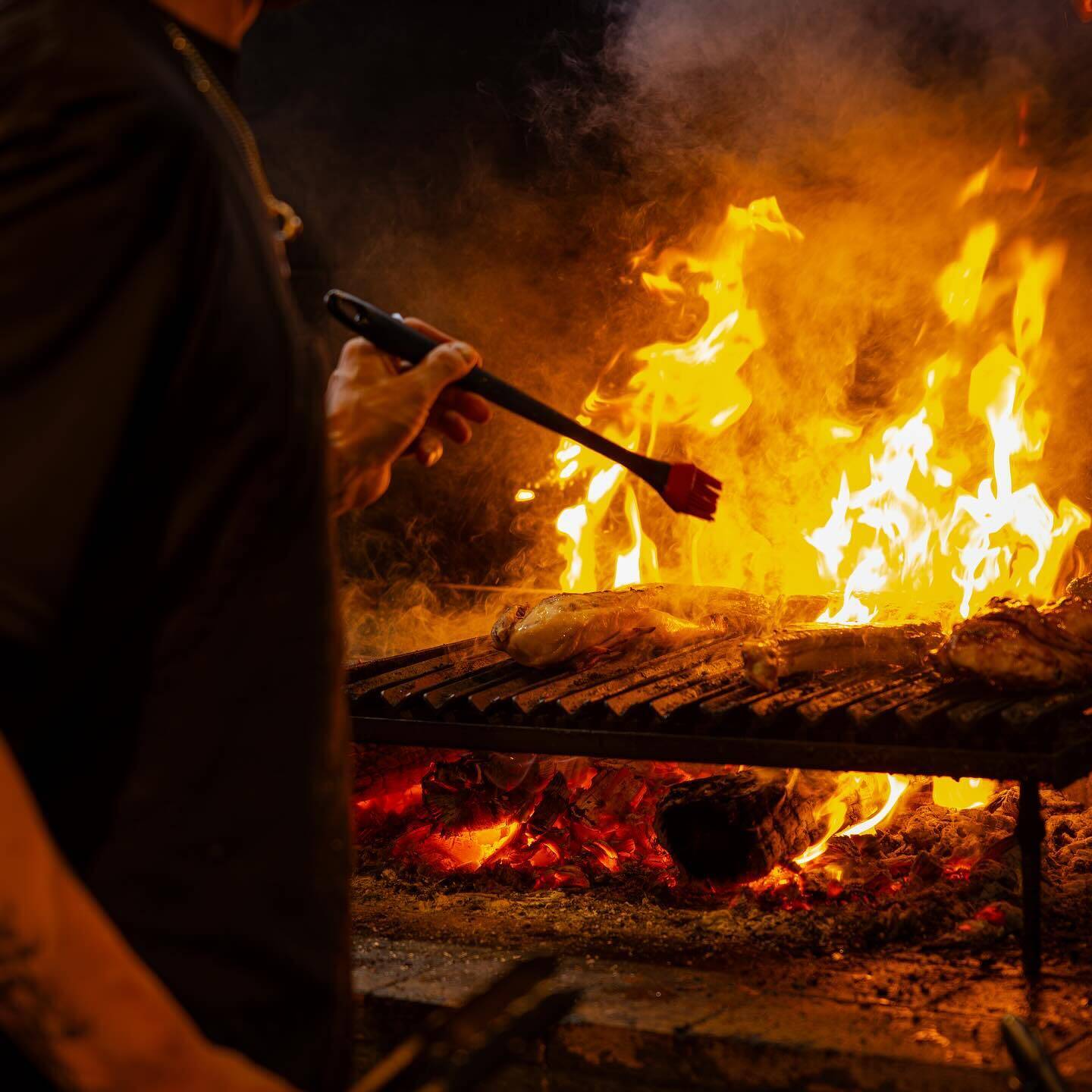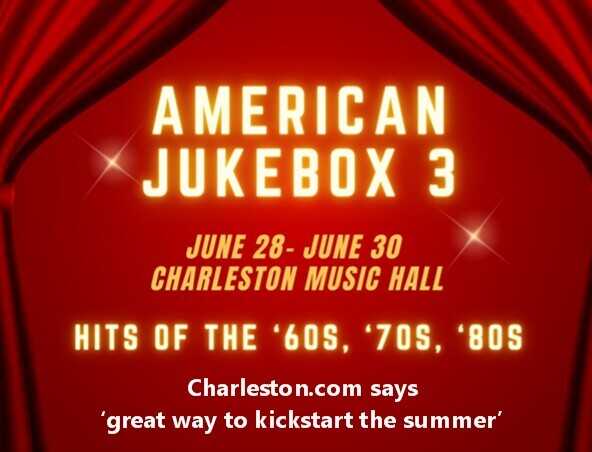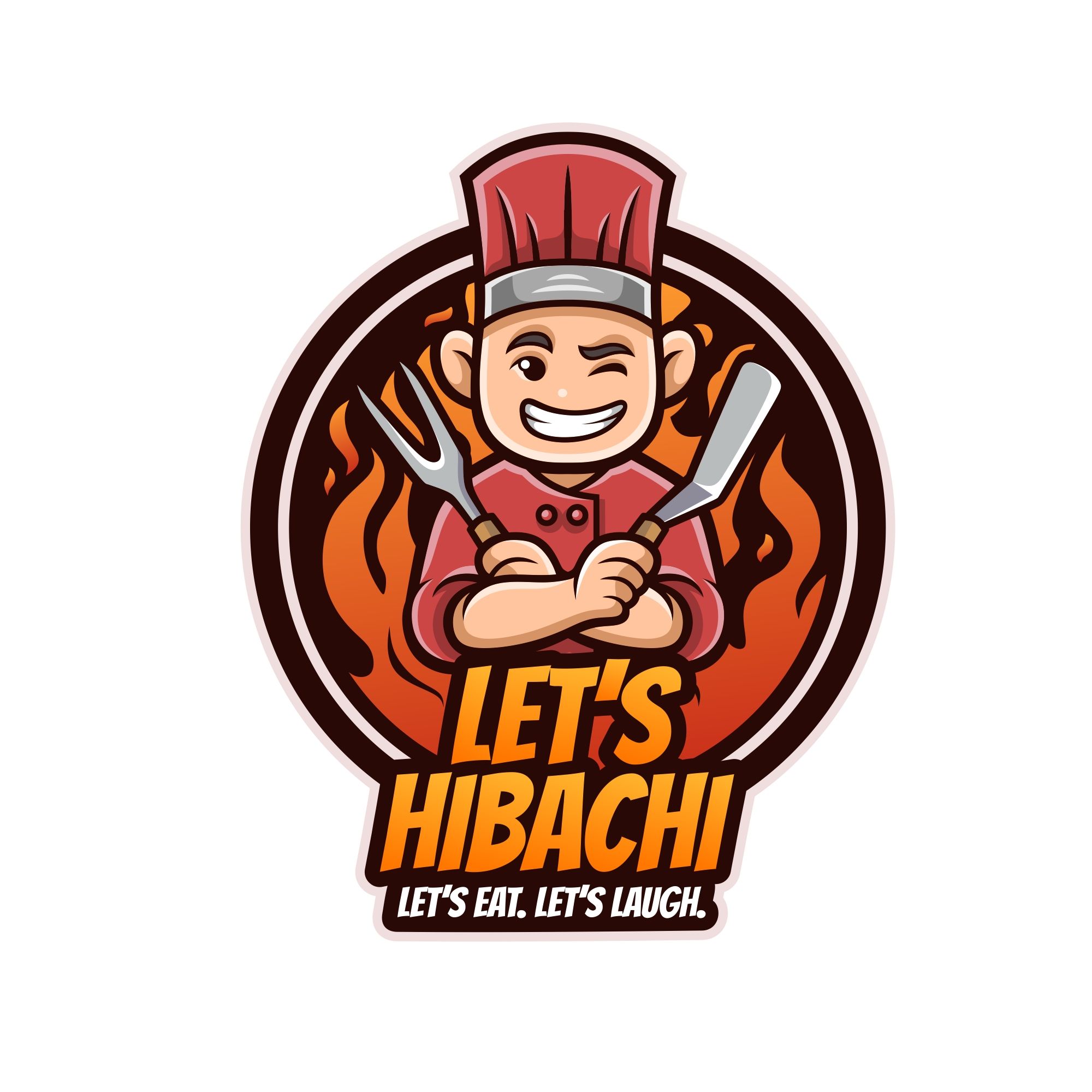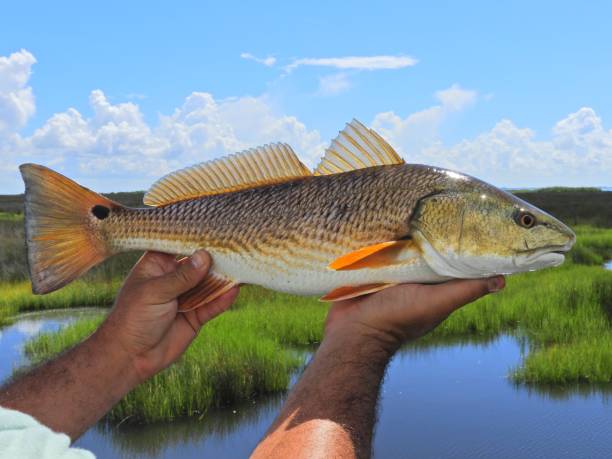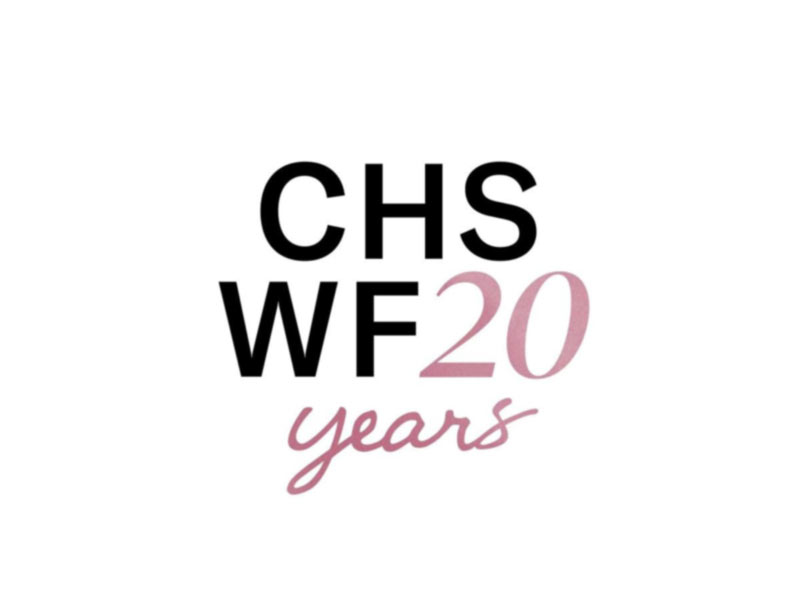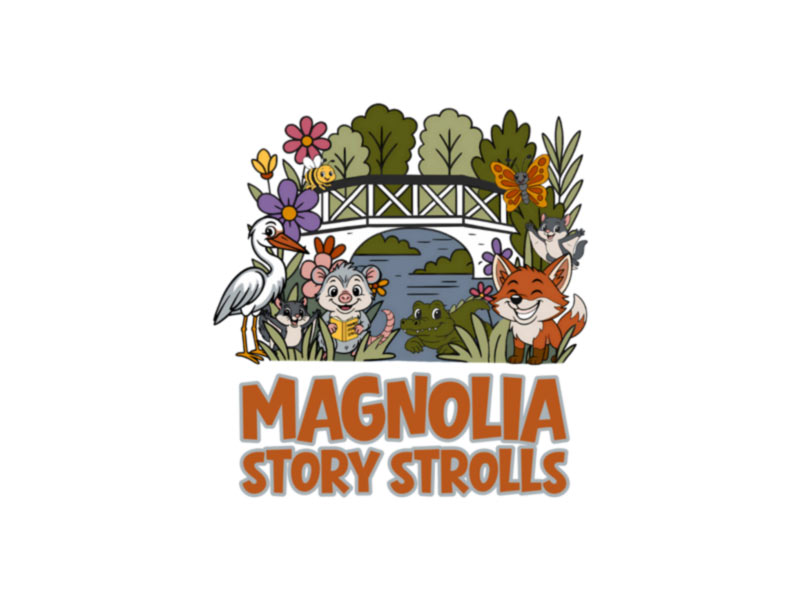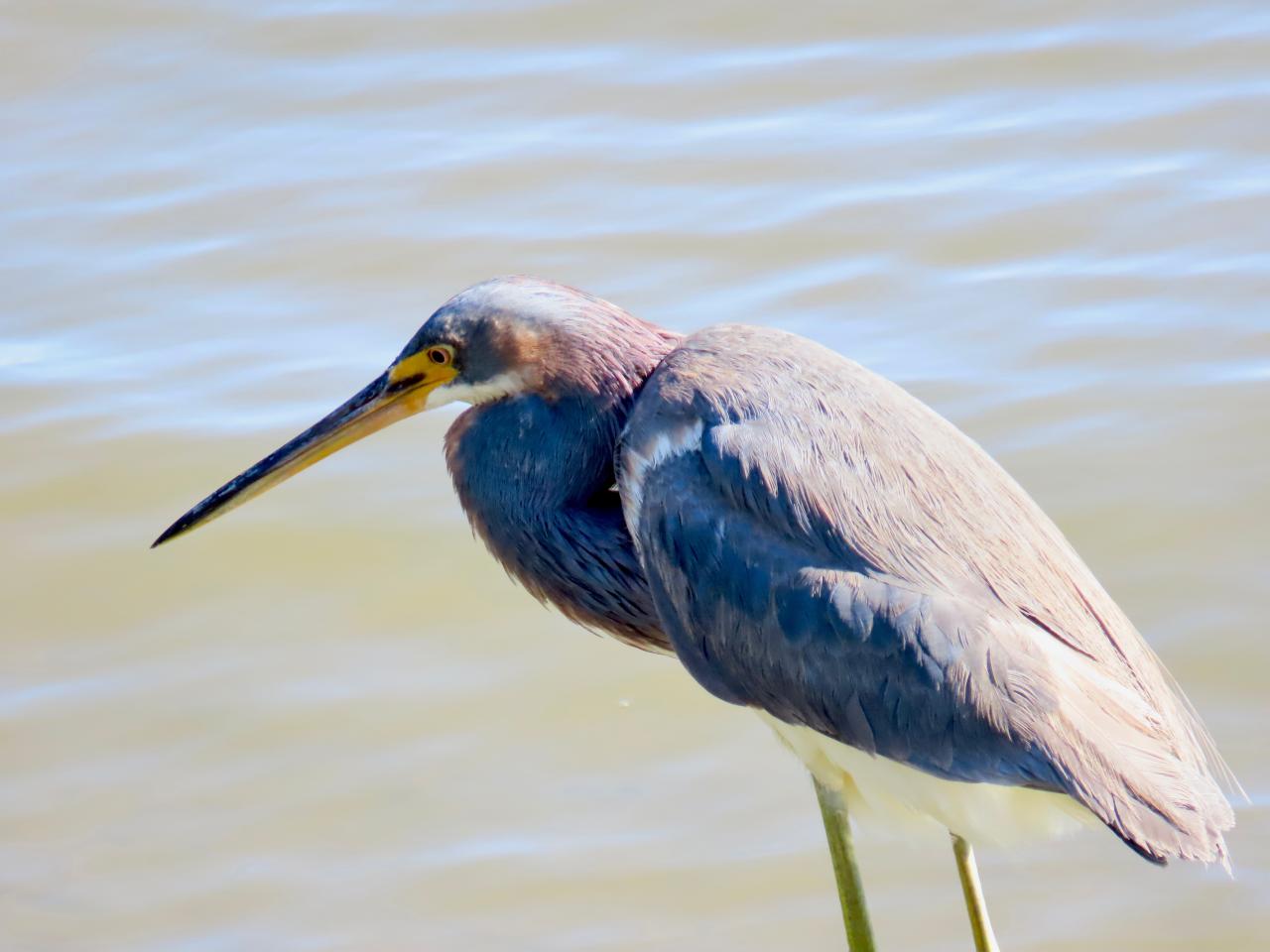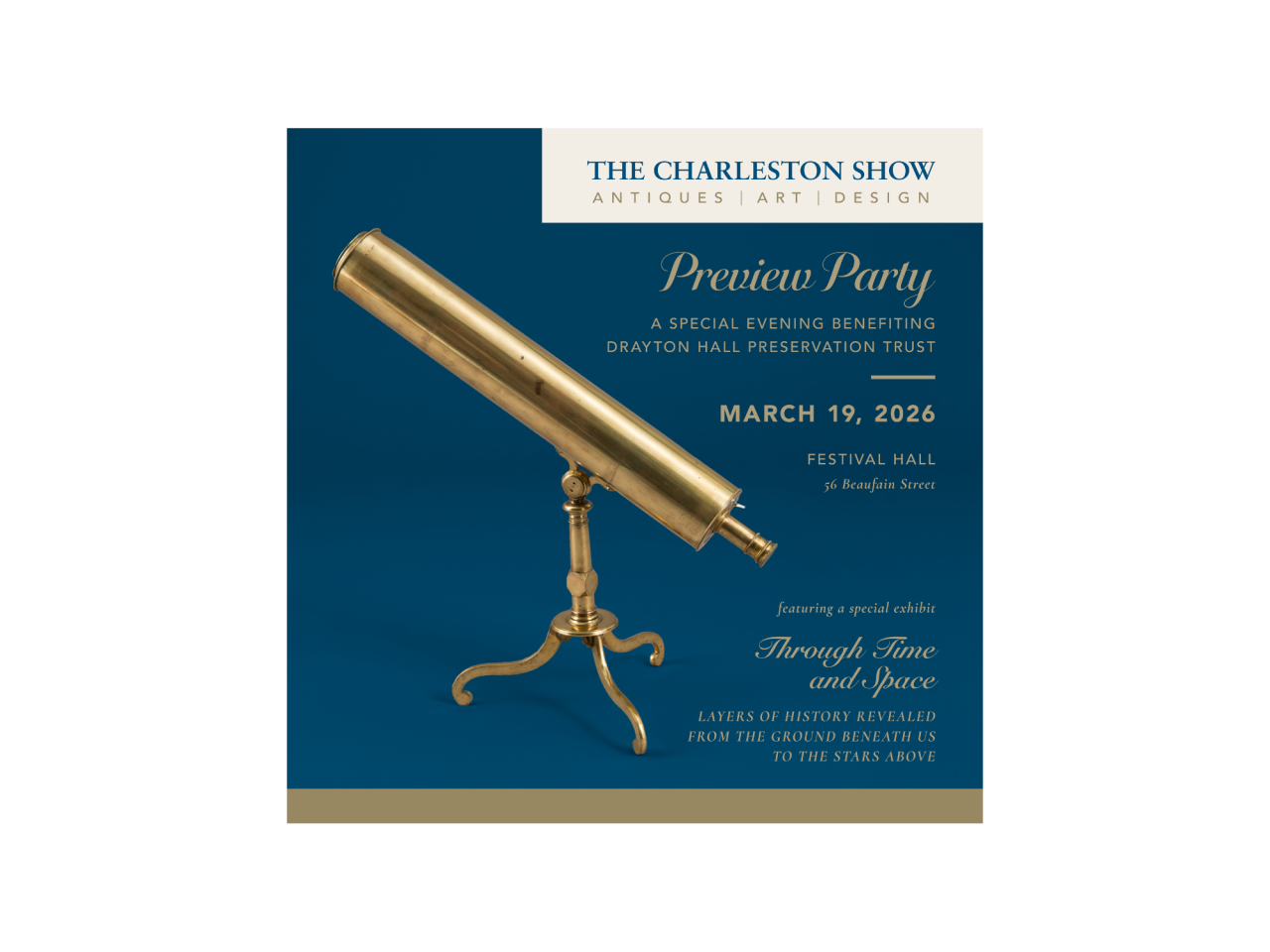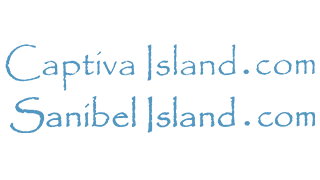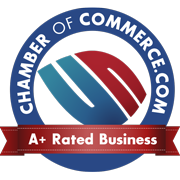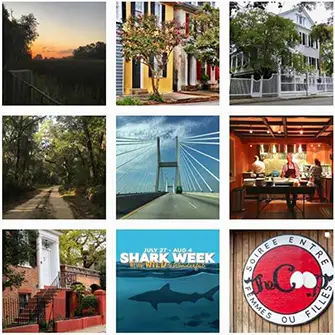Charleston SC Resident & Author Penny Goetjen Sets Latest Murder Mystery In Charleston
Native Canadian Who Enjoyed Solo Career Before Taking Over The Reins In 1998 Welcomes Brother Terry On Bass
Ever Evolving Summerville Community Offers a Wide Variety of Restaurants @ the Square & the Hub
Sweet tea is more than just a refreshing beverage - it's a symbol of Southern hospitality and tradition. For many years, this iconic drink has been a staple of Southern cuisine, and nowhere is its history more celebrated than in Summerville, South Carolina, the Birthplace of Sweet Tea.
Nestled on John's Island, Lost Isle is not just a restaurant; it's an experience. Picture this: an entirely outdoor setup that embraces a tropical boho vibe, complete with cozy seating arrangements, string lights, and a large pecan tree overhead.
Brad & Jennifer Moranz Offer Up Fun Filled Family Friendly Show That Is An Ideal Way To Kick Start Summer
Imagine a unique dining experience where the sizzle of the grill, the aroma of fresh ingredients, and the skilled artistry of a chef come together all at your doorstep. Welcome to Let's Hibachi, a culinary venture that brings the excitement and flavors of traditional hibachi-style cooking directly to you, wherever you are in Charleston.
Charleston offers more than just picturesque views and Southern hospitality. For avid anglers, it presents a prime opportunity to engage in the exhilarating pursuit of catching redfish. Known for their spirited fight and impressive size, redfish are a coveted species that thrive in the waters surrounding Charleston. Whether you're a seasoned angler or a novice looking to experience the thrill of catching these prized fish, Charleston's coastal waters provide the perfect setting.
Famed Front Man For Two Bands Out On the Road With Styx & Foreigner During Summer 2024
If you're a sushi fan like me, you understand the joy of discovering a new spot that not only tastes fresh and delicious but also offers a range of health benefits. I have recently had the pleasure of dining at Blu Oyster Sushi & Seafood in Charleston, South Carolina, and I couldn't wait to share my experience with you.
Lifelong Liberal Takes Potshots At Both Parties, Offers Up Common Sense Views On How To Fix America's Problems

